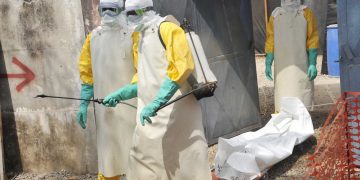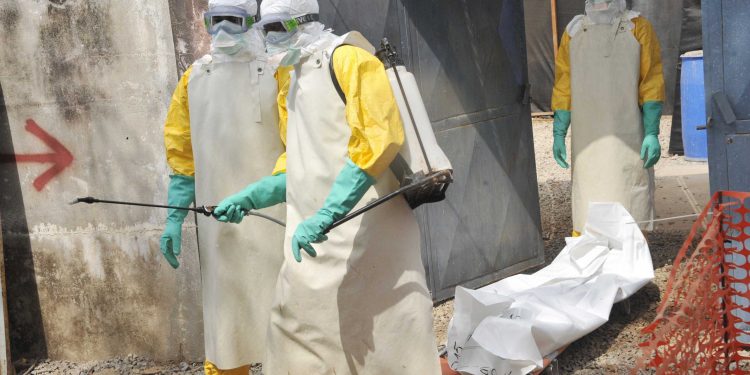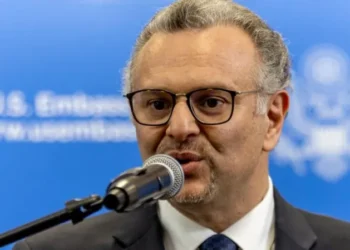A new case of the Ebola virus has been confirmed in the Democratic Republic of Congo, the country’s health officials said.
The new case was confirmed in Mbandaka, a city in the north-western Equateur Province. This is the third outbreak in the province since 2018.
The 31-year-old patient began showing symptoms of the disease on April 5 after staying more than a week at home, the World Health Organisation (WHO) Africa, explained.
But on 21 April, the patient was admitted to an Ebola treatment centre for intensive care. He died later that day, prompting health workers to immediately begin the submission of samples to test for the Ebola virus disease.
According to Dr Matshidiso Moeti, the World health Organization, WHO Regional Director for Africa actions must be taken quickly to curb the spread adding that time is not on our side.
“The disease has had a two-week head start and we are now playing catch-up. The positive news is that health authorities in the Democratic Republic of the Congo have more experience than anyone else in the world at controlling Ebola outbreaks quickly.” He said.
The country is experiencing its fourteenth Ebola outbreak since 1976. The present one is the sixth since 2018. Previous outbreaks in Equateur Province were in 2020 and 2018, with 130 and 54 reported cases respectively.
Efforts to curb the spread of the disease including vaccination are being ramped up. Vaccines will be sent to Mbandaka and administered via the ‘ring vaccination strategy.
“Many people in Mbandaka are already vaccinated against Ebola, which should help reduce the impact of the disease,” said Dr Moeti.
“All those who were vaccinated during the 2020 outbreak will be revaccinated.”
Ebola is a viral haemorrhagic fever that was first identified in central Africa in 1976. The disease was named after a river in the Democratic Republic of Congo, then known as Zaire.
Human transmission is through body fluids, with the main symptoms being fever, vomiting, bleeding, and diarrhoea.



































